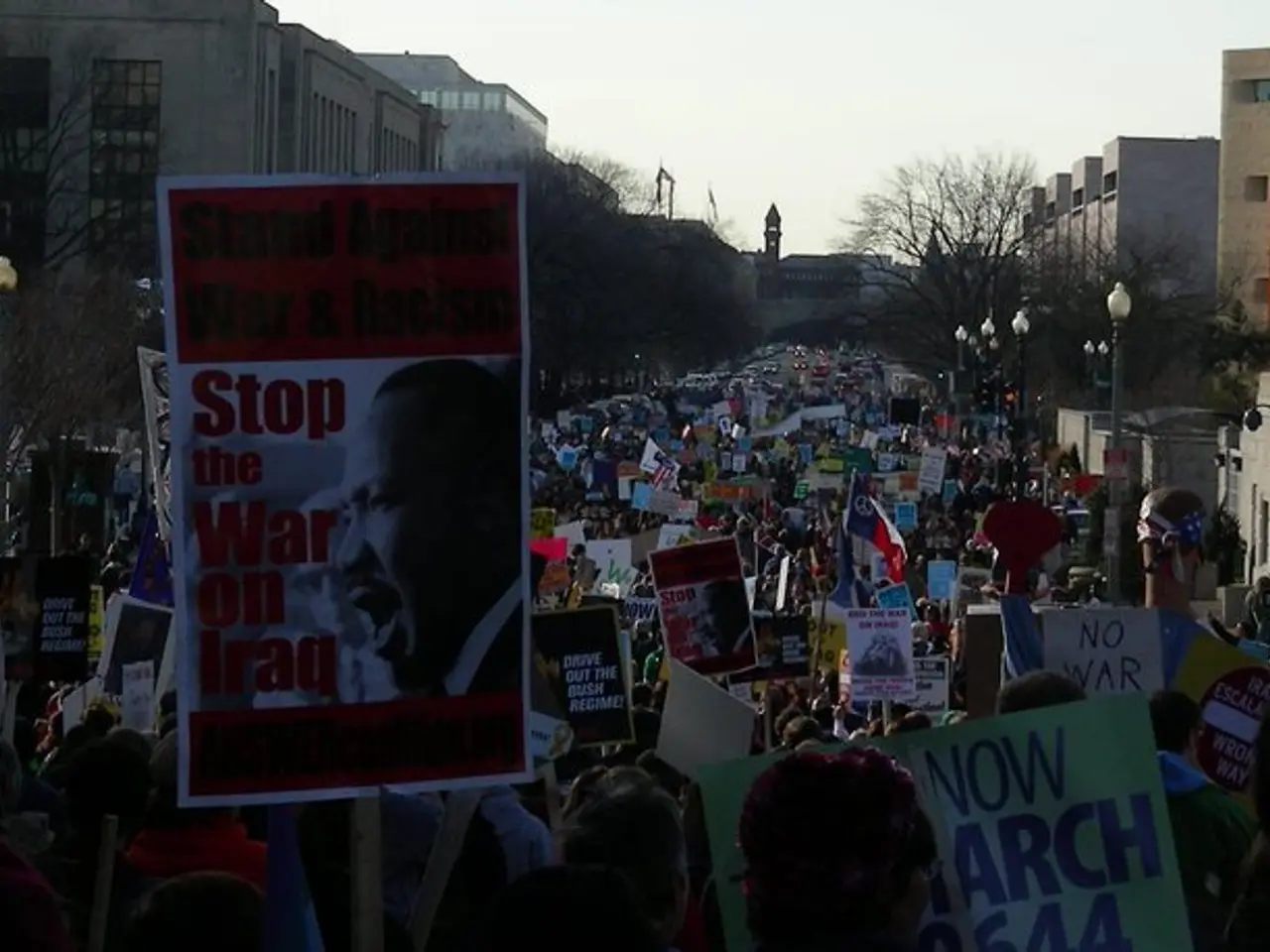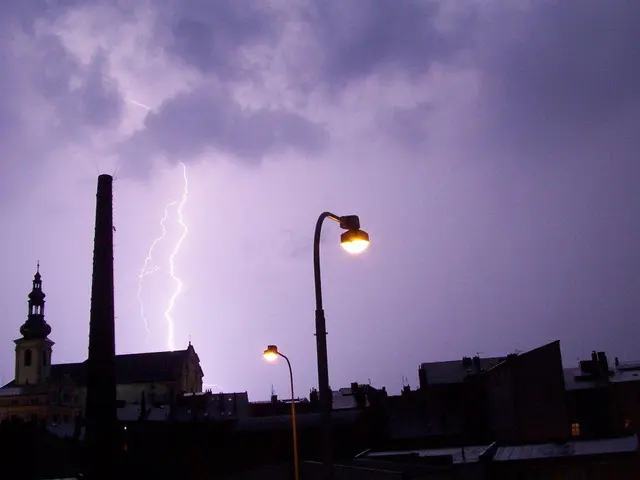Jamaat-e-Islami and Tehreek-ul-Mujahideen in Jammu and Kashmir Prohibited for Half a Decade
The Indian government has taken a significant step by banning two Kashmiri organizations, the Awami Action Committee (AAC) and the Jammu and Kashmir Ittihadul Muslimeen (JKIM), for five years due to alleged anti-national activities, supporting terrorism, and fuelling secessionist activities. The ban is part of a broader crackdown under laws such as the Unlawful Activities (Prevention) Act (UAPA), which has targeted multiple Kashmir-based organizations since 2019.
Allegations Against the Organizations
The Centre accuses these organizations of engaging in anti-national activities, supporting terrorism, and promoting secessionism in Kashmir. Their supposed links to non-state armed groups and involvement in activities seen as threatening India's sovereignty have been cited as grounds for the ban. This crackdown also includes arrests and prosecution of members under UAPA in special courts.
Responses from the Leaders
Mirwaiz Umar Farooq, the influential cleric leading the AAC, has condemned the bans, particularly in contexts such as the parallel ban on books deemed to propagate "false narratives" and "secessionism." He has publicly called such measures an expression of insecurity by authorities and an attempt to suppress political and historical narratives regarding Kashmir.
Masroor Abbas Ansari, a senior leader of the All Parties Hurriyat Conference and a Shia leader of Kashmir, has not made specific public statements about the ban on his organization. However, as a leader of a Shia organization also subjected to the ban, it can be inferred that his stance likely aligns with opposition to the Centre’s action, considering the general criticism from Kashmiri leaders regarding such repressive measures.
Political Reactions
The Centre's move has drawn sharp reactions from political parties in Jammu and Kashmir. Mehbooba Mufti, a former Chief Minister of Jammu and Kashmir, believes that suppressing dissent will deepen tensions and that the J&K government should intervene to stop such actions. Ali M. Sagar, National Conference general secretary and MLA, has defended the Mirwaiz family, stating they have been torch bearers of peace and communal harmony.
Broader Context
The ban on these organizations is part of a broader context of systematic targeting of several Kashmiri organizations and individuals, along with press and civil society groups, under the banner of combating terrorism but widely criticized for crushing political dissent and civil rights.
References: 1. The Wire 2. The Indian Express 3. The Hindu 4. Al Jazeera 5. Firstpost
War-and-conflicts and politics intersect as the Indian government's ban on two Kashmiri organizations, the Awami Action Committee (AAC) and the Jammu and Kashmir Ittihadul Muslimeen (JKIM), for five years due to alleged anti-national activities, support for terrorism, and fueling secessionist activities is met with criticism. In policy-and-legislation, the Centre's actions have been debated in special courts and have been subject to controversy, with general-news outlets covering the crackdown under the Unlawful Activities (Prevention) Act (UAPA) as well as the broader context of alleged suppression of political dissent and civil rights. Crime-and-justice issues are also highlighted in the supposed links of these organizations to non-state armed groups and their alleged involvement in activities seen as threatening India's sovereignty.







